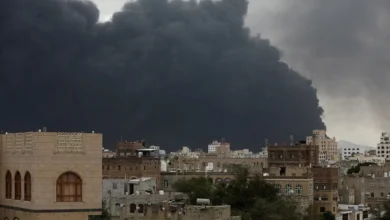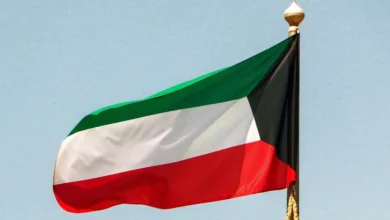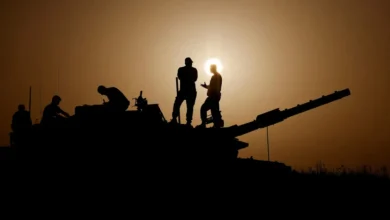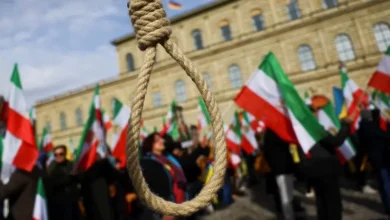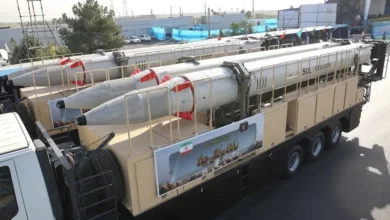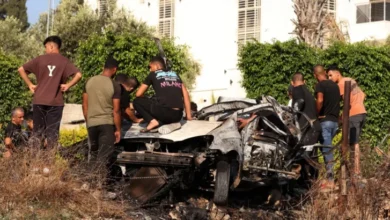Month of giving: Syrians in Ethiopia keep Ramadan iftar tradition alive
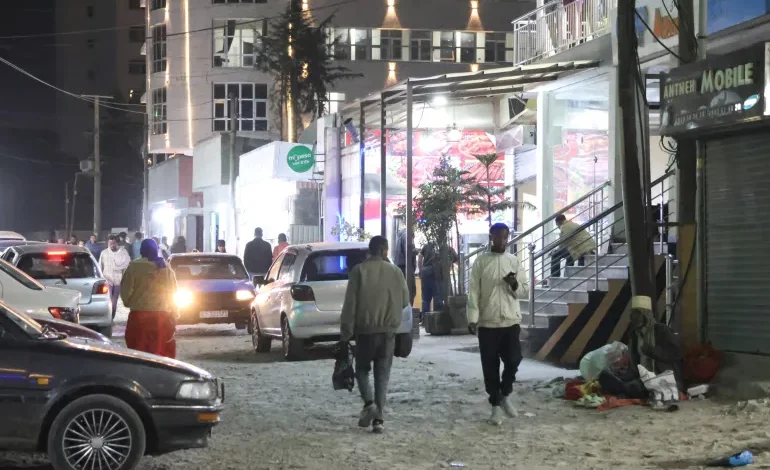
Images of old Damascus and Aleppo adorn the walls of a modest restaurant tucked into Bole Michael, a working-class neighbourhood near Addis Ababa’s international airport.
Chatter in Arabic and Amharic fills the air, mingling with the sizzling of a grill roasting a giant shawarma skewer and oil crackling around crunchy kebeiba (bulgur and ground meat balls).In the kitchen, Syrian chef Ahmed Ibrahim and his two assistants prepare for the evening rush. As the sun begins its descent, they carefully fill small bowls with hummus and dates for guests in the restaurant and pack takeaway meals for those who stop by seeking a free meal.
In the spirit of the Muslim holy month of Ramadan, Ibrahim says he is happy to give back.
“When I first came to Ethiopia in 2020, I didn’t have a penny to my name. I worked in restaurants until I could open my own. I married an Ethiopian woman, and now, I’m a father of two daughters,” Ibrahim tells Al Jazeera. “This country has become a home to me.”But some ventured further, to countries like Ethiopia, where fewer than 1,500 Syrians reportedly live.
Al Jazeera approached Ethiopia’s Immigration and Citizenship Services for an official estimate, but the agency declined to respond. According to local media, many Syrians remain unregistered and live in limbo.
Despite these challenges, Bole Michael has become known as a Syrian neighbourhood. More Syrian refugees have found their way there, carving out a familiar rhythm.
Its streets, largely unpaved and strewn with pebbles and dust, have long been home to Somali, Sudanese and Yemeni refugees – some of the more than one million refugees living in Ethiopia.
